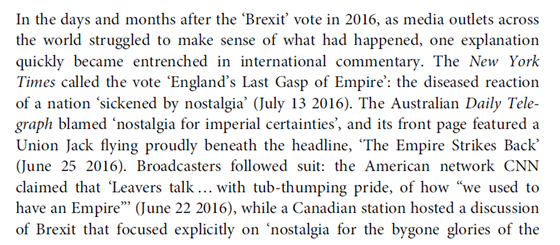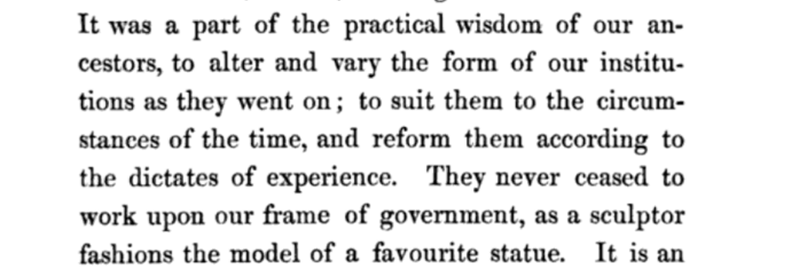
This is a brilliant article by @rafaelbehr on why we may be looking in the wrong direction for the dangers to liberal democracy. In looking back to old & familiar dangers, we may miss the new forces that are eating at the foundations of our democracy.[1/5] prospectmagazine.co.uk/magazine/you-h… 

As @rafaelbehr argues, what "really challenges the stability of democracy" is not a specific ideology, but a "digital infrastructure" that "facilitates polarisation, sorting people into irreconcilable tribes & spinning them off towards the most extreme iteration of any opinion". 

What drives Trump, Johnson & co is not some highly disciplined, common purpose, akin to fascism, but the destruction of any possibility of a common purpose beyond self-gratification. Their lack of seriousness is not a lucky glitch, but intrinsic to the phenomenon they represent. 

This is a great passage on the uses of history, too. History remind us that our world is contingent, not fixed; that things we take for granted can vanish into air. It helps us understand the conditions from which democracy emerged - and how those conditions can be eroded. 

The full article is here, and well-worth reading. (Incidentally, @prospect_uk is on a roll at the moment, full of really fascinating writing). prospectmagazine.co.uk/magazine/you-h…
• • •
Missing some Tweet in this thread? You can try to
force a refresh









